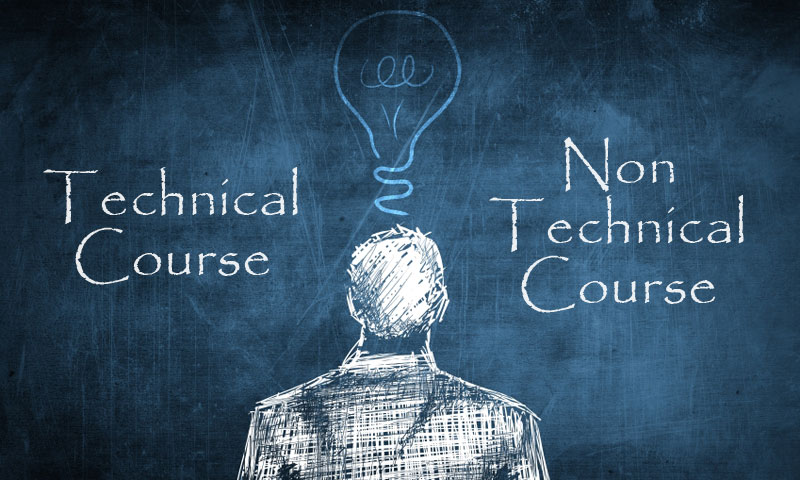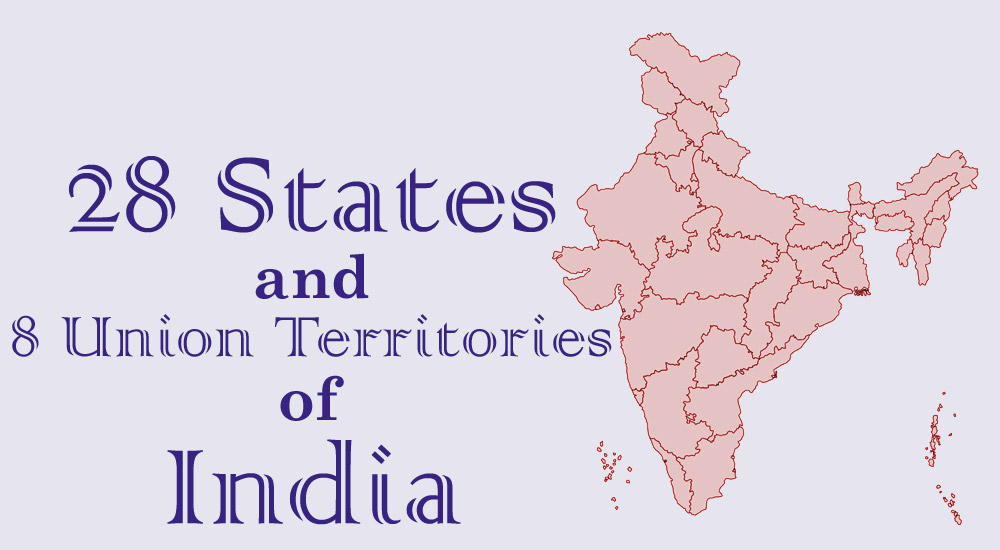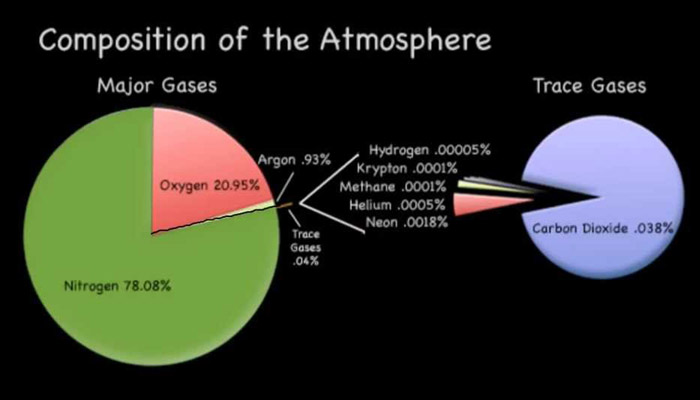If you are wondering which one is better career option for you or you are unsure about technical and non-technical courses after 12th, Do Not Despair. You actually belong to the majority section of your age group. A lot of youngsters face this dilemma at this critical juncture of education. For such students, we have some great expert advice.

It is a rare 18-year old who knows exactly what he or she wishes to do, and rarer still is one who can also choose the course and the institution of own choice. Most students at this important crossroad of life are undecided about who and what to pick, especially in terms of technical vs. non-technical courses with a view to their career and future.
Table of Contents
Technical vs Non-Technical Career Option
Both these fields have their own positives and negatives. There is no such thing as the ‘superior stream’. The only criterion here is ‘what’s better for you?’ The real question to be asked is what do you wish to do with your education in the life ahead. Both streams have their own plus-es and minus-es. But ultimately it is the student in question who can decide which one is more suitable for him or her. For more clarity on the topic, let’s view technical and non-technical career options individually.
Technical Courses – Upsides and Downsides
A technical course is one that teaches you job worthy skills so that by the time your course finishes, you are ready for entry level jobs in your field of study. BE, B Tech, B Arch, B Design, BHM, BCA, BBA, MBBS, BPT, integrated law and chartered accountancy courses – all these are some degree-awarding technical courses. There are also so many diploma courses in technical streams that you can join straightaway after 12th.
Note that a technical course will equip you with job oriented skills. The job market seeks novice professionals who already have the basic skills that only need to be honed further, which is understandable from the employer’s point of view. Therefore if it is career and job security you have as your prime goal, technical courses win hands down. When you opt for a technical course right after class 12th, you have the assurance of knowing that you have taken a major step towards career planning. In terms of later career growth as well, technical degree holders are given preference over non-technical graduates.
Some Notes on Diploma Courses
Diploma holders , on the other hand, unless from truly premier institutions, are usually restricted in terms of better quality jobs and growth to higher levels of office hierarchy. So diploma courses in technical streams are more suitable for those students who want to gain professional skills to start earning at the earliest without having lofty ambitions of breaking any glass ceilings, or for small to medium scale entrepreneurs who want to gain working skills to build their own business.
Often people in family-run businesses too opt for diploma courses in a compatible stream. On the downside, in the Indian society, the tag of ‘graduate’ is much valued. A diploma holder is considered less than a graduate.
Talking of technical degree courses, these are usually of longer duration than non-technical ones, comparatively more expensive, available at limited places and limit your future horizons in terms of widening the career choices. Once you choose a specific professional line and get trained in it, it becomes difficult to break the mould.
Non-Technical Courses – Upsides and Downsides
Non-technical courses are mostly academic in nature. These enhance a student’s theoretical knowledge base in one or more subjects that usually have little connection with skill development with specialization. These are primarily the regular BA, B Sc and B Com degree courses.
The downside of non-technical courses is that barring a few exceptions, you do not become job ready after acquiring such a degree. Students of top colleges in the country are often recruited by leading companies where job skills are learned as trainees in that organization, but such institutions can be counted on fingers of one hand. For most non-technical graduates, it can often be a little disheartening to see their friends in technical courses get job letters while they are still deciding on what to do further.
The upside is that you get 3 more years after school to ponder on your future education. There are innumerable post-graduate professional courses – business administration, publishing, media, journalism, hospitality management, public relations, retail management, law, chartered accountancy, to name a few that are open to non-technical graduates. Between the ages of 18 and 21, your personality develops; you know your aptitudes and interests better and are able to take a more informed decision regarding what you wish to do later in life.
Also if you wish to opt for government jobs with graduation as qualifying criteria and entry through competitive examinations, non-technical courses are very much suited to your goals. Most aspirants of the highest government jobs, especially the much-coveted Indian Civil Services, opt for non-technical degrees to strengthen their theoretical base for increasing their chances of passing preliminary and mains examinations.
Also, if your aim is to go into pure research or pure academics (B.A in History), the graduation-masters-doctorate route is very much advised.
Technical and Non-Technical Edges: In a Nutshell
Let me summarize what we have discussed so far:
- A technical course is great for those who are heavily interested in and have the aptitude and the personality for a career in their field of study.
- A technical degree/diploma is an excellent idea if you wish to become job ready by the time your course ends.
- If you want a high growth curve career, a technical diploma is not advisable.
- A non-technical course is good for building a base for a professional qualification at the post graduate level.
- A non-technical course is advisable for those who are still unclear about their future goals. They can utilize this time in getting to know themselves better in terms of interests, aptitudes, values and personality to make the optimal choice for themselves.
- If you wish to clear competitive examinations where any recognized graduation degree is a qualifying criteria, a non-technical course is a good preparatory foundation.
Finally, you are the best judge of what you wish to opt for after 12th as your best career option – a technical course or a non-technical course. Know what you want and weigh the advantages and disadvantages of your choice vis-à-vis your goals in life.
Other Useful Links
LeverageEdu.com: List of Technical Courses in India
PerfecteLearning.com: 10 Aspirational Courses After 12th
CollegeVidya.com: What You Can do With Your B Com Degree
CheggIndia.com: Scope of B.Sc. in India




